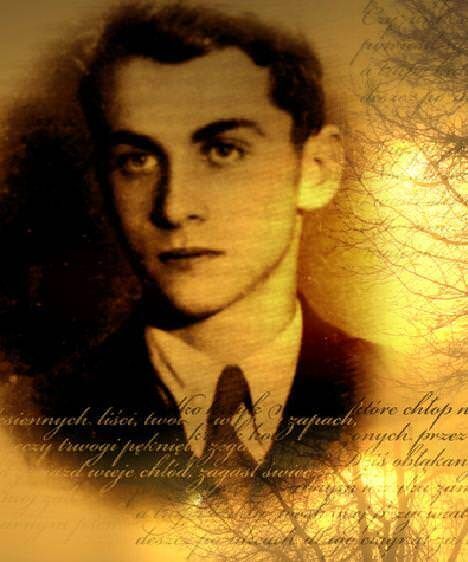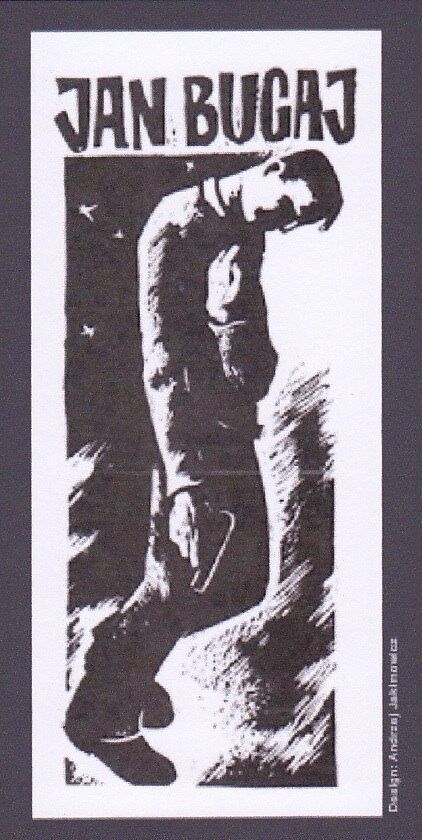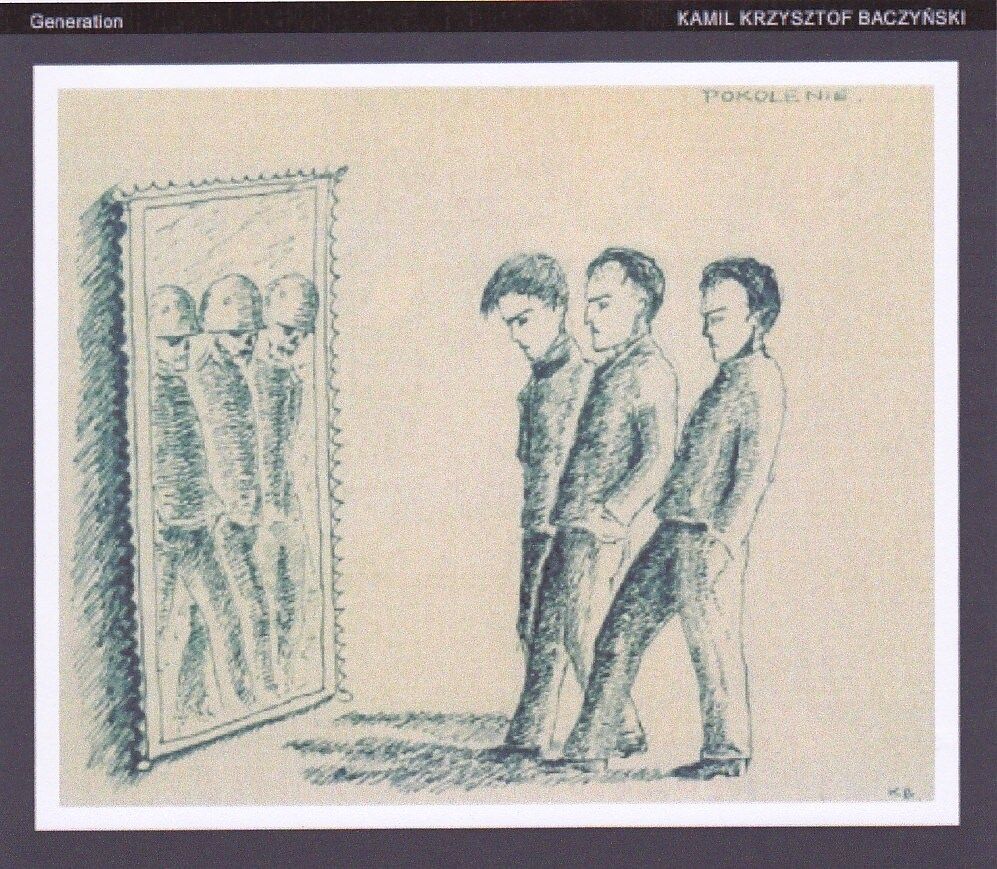
He was only 23. His name was Krzysztof Kamil Baczynski. He was one of many whose lot it was to live through the tragic days of September, 1939, and not see liberation. He experienced – what he himself envisioned – a shower of bullets, grenades, hitting the dirt, and ‘one charge only, straight up to heaven’. From this supreme sacrifice of countless such young daredevils was supposed to be born a mighty Poland free as a bird: ‘... We'll raise a house of iron – for nations, storms, and dreams’, he wrote in January, 1943. Yet poets are often wrong, and so was Baczynski. Warsaw fell ... a different Poland emerged. But whatever one may now say about the Warsaw Uprising, nothing can erase the sacrifice and heroism of the insurgents.
Krzysztof Kamil Baczynski was born in Warsaw on January 22, 1921. His father was a literary critic, his mother, Stefania Zielenczyk, the sister of the well-known philosopher, Adam Zielenczyk. Krzysztof was an only child. He attended the excellent Stefan Batory gymnasium , but was not a good student. His dream was to become a graphic artist or a book illustrator. He belonged to the generation born and raised in a free and independent Poland, a generation which did not know foreign rule. He started to write poetry very early. In 1936, at the age of 15, his first poem was published. But it was the shocks, the uncertainties, the cruelties of war which brought his true talent to the fare. He became the poet of fighting Warsaw.

Krzysztof Kamil Baczynski's cover for his book of poetry. Jan Bugaj was Baszynski's underground name.
September of 1939 marks the beginning of the annihilation of Baczynski's generation. First the onslaught on Poland and the siege of Warsaw, then the years of occupation – the darkness of Hitlerian terror and bestiality. Finally Warsaw starts to prepare for the Uprising. In 1943 Krzysztof joins the Polish Scouting Attack Groups and after some military training is assigned to the famed Scout Battalion ‘Zoska’ (Sophie). It is then that the young poet's talent really blossoms out and reaches its peak. He achieves poetic maturity in record time and his poetry of this period is full and complete. In June 1944 he receives some more field training and in the rank of assistant platoon leader is assigned a post at ‘Starowka’ (Old Town). He was killed in action during the first days of the Uprising.

Generation, by Baczynski
Zbigniew Czajkowski-Dabczynski, in his book Dziennik Powstanca (Diary of an Insurgent), gives a detailed report of his death: "It was then that I saw Krzysztof for the last time, because they left for a new position at Palac Blanka without me. That day I heard from a buddy that he was hunting Germans with great success from the ruins of the Opera House. The next day a call came for a first-aid patrol to come help a wounded in the Palac Blanka. Not having much to do I joined them. At his post, in a corner room, we found Krzysztof lying on a Persian rug with a huge wound in his head. He was dead. Nurses carried the body over to the City Hall (next door). That same evening the funeral was held. It was rather solemn. The grave was dug in the City Hall courtyard. Some sixty people, soldiers, officers, civilians, were present. Someone said a few words. The body was lowered to the grave. We all sang the National Anthem, then the grave was filled."
t was only the fourth day of the Uprising, August 4, 1944. On August 24, the poet's beloved wife Basia is wounded. She dies on September first, not knowing of her Krzysztof's death.
Source: Edward Dusza, Poet of Flaming Warsaw, Warsaw Uprising 1944.

